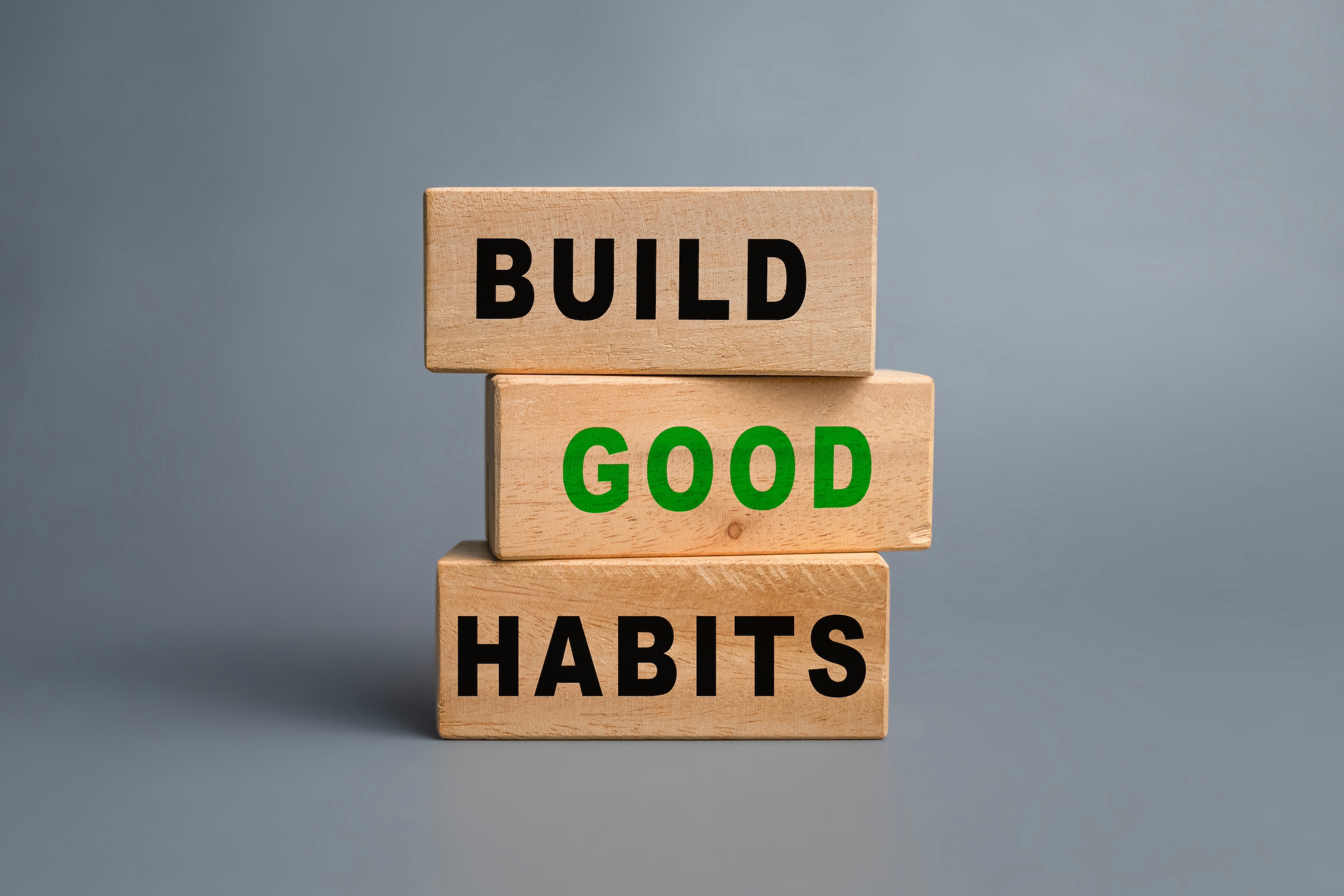
Decisions, Decisions, Decisions…
IF YOU ARE MAKING MISTAKES, IT MEANS YOU’RE OUT THERE DOING SOMETHING.
– NEIL GAIMAN, AUTHOR & GRAPHIC NOVELIST
Changing habits is just the same. Habits are created by repetition. Changing them takes practice. You practice your habits the same way a baseball pitcher practices his pitches. And because it’s practice, you can count on making a lot of mistakes.
Mistakes Are Not a Lack of Leadership Commitment
Usually, we try to change a habit and when we mess up, we describe it as a failure of willpower or a lack of commitment. But forming a good habit is not simply a matter of willpower alone. You have willpower so long as you are paying attention to the goal. Remember why it’s important to you. Yes, deciding what habit to change is an important step, but the part of your brain that manages habits doesn’t care about what you mindfully want; it cares only about maintaining habits…particularly the old ones. See the problem?
Leadership Training Begins with Specific, Actionable Goals
Face it. Old habits persist…when you want to create a new habit, like going to the gym or polishing your shoes every day, you have to override another habit. A resolution to change is better than just wanting to change. it also dramatically increases success rates. Being specific makes the habit more achievable, too. For example, “I resolve to sell more” is not as effective as “I resolve to make four sales call a day on Tuesdays and Thursdays.” Remember to make it a resolution!
Think of the part of your brain that manages habits as a dog needing training. If you leave cheese in front of a dog and he eats it, you have only yourself and not the dog to blame. If you’re standing watch over the cheese, perhaps the cheese will be safe. But as soon as the phone rings, or you turn your back for some reason…away goes the cheese! If you haven’t trained your dog not to eat the cheese, what do you expect will happen when he finds himself alone with the cheese? It’s the same with you. When you are tired, hungry or distracted, you stop paying attention and those pesky habits take over. You usually don’t even realize it until you are half way through that pint of red velvet cake ice cream.
Leadership Development Requires Compassionate Repetition
You simply can’t be eternally vigilant where habits are concerned. You have a lot to do and only so many resources for paying attention. The key to insuring change is in the moment you realize you didn’t enact your intended habit. That special moment is a chance to reassert your intention to change your habit and to try again. You will have slip-ups, but if you give up after every slip-up, you’ve only trained your brain to give up. Getting angry or judgmental with yourself will not help in the process of retraining your brain. Actually, it hinders it! Those feelings of frustration or self-judgment are sources of stress, and stress makes it more likely that you will keep going along with your old habits.
Be patent and kind to yourself as you would be with a puppy that you are trying to train. Stressing the puppy will only make it pee on the floor. When your habit doesn’t take at first, just go for it again…and again…and again… and again—and eventually it will start to stick. Soon you will have a new good habit… and the good habit will be your own.
Frank Hopkins is a certified Professional Coach (CPC) and certified by the Institute for Professional Excellence in Coaching (iPEC). He is a certified Master Practitioner (ELI-MP) of the iPEC proprietary assessment tool, the Energy Leadership Index and offers seminars on Energy Leadership. He maintains memberships in the International Coaching Federation (ICF) and the Institute of Coaching (ICPA).

